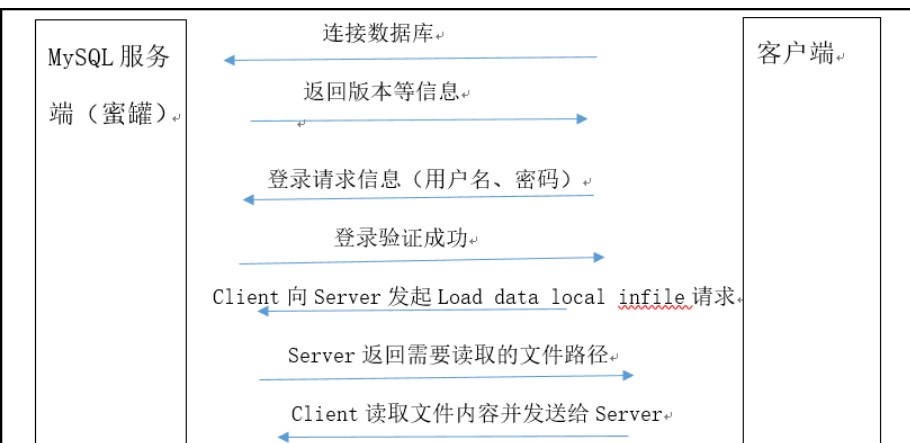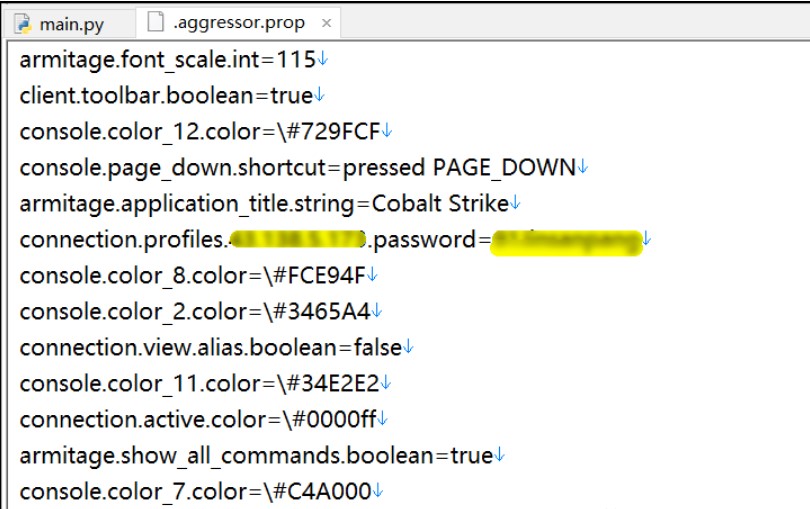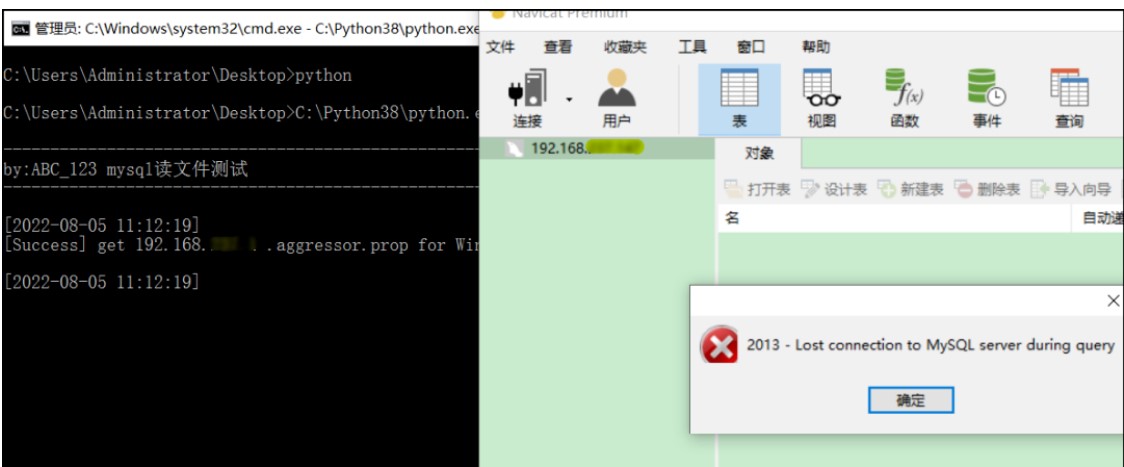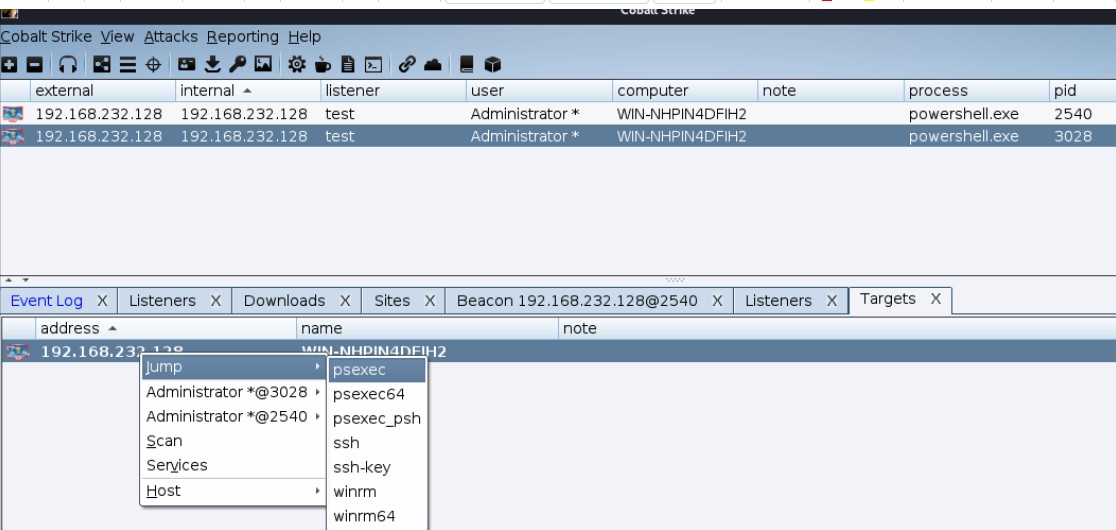MySQLハニーポットの特定の技術的詳細については、インターネット上にあまりにも多くの記事があります。自分でオンラインで記事を検索できます。紹介を書きます:MySQLには、MySQLデータベースにローカルファイルを読み取ることができるロードデータローカルインフィル機能があります。攻撃者がMySQLパスワードを爆発させてMySQLにスキャンして接続するスキャナーを使用しています(ここで修正します。MySQLハニーポットに接続するだけで、ハニーポットでローカル構成ファイルを読み取ることができます。正しいユーザー名とパスワードを提供する必要はありません)、クライアント(攻撃者)応答パケットにローカルインフィルのロードデータを追加して、攻撃者のローカルファイルをデータベースに読み取り、対策の目的を達成します。 (次の写真はインターネット検索からのものです)

CSの構成ファイルプレーンテキストストレージパスワード
CSSクライアントを使用してCSSサーバーを使用したコンピューターに接続する限り、CSSクライアントは固定フォルダーで.aggressor.prop構成ファイルを生成します。 Windowsシステムの場合、ファイルの場所はc: \ uses \ administrator \ .aggressor.propです。この構成ファイルには、CSSリモートコントロールのIPアドレス、ポート、ユーザー名、パスワードが含まれており、すべてプレーンテキストにあります!下の図に示すように:

CSを開くたびに、ログインしたIPアドレス、ポート、ユーザー名、パスワード、その他の情報が表示されます。これらの情報は、local .aggressor.propファイルに保存されます。一般的なコンテンツを以下の図に示します。

したがって、MySQLハニーポットを構築したという結論に達しました。攻撃者がハニーポットに接続すると、HoneypotはMSYQLローカルファイルの読み取り脆弱性を使用して、C: \ uses \ administrator \ .aggressor.propファイルのコンテンツを自動的に読み取ります。 Honeypotは、攻撃者のCCSサーバーIPアドレス、ポート、ユーザー名、パスワードを正常に取得できます。
環境実験を正常に構築しました
上記の推測を検証するために、実際にテストする必要があります。 githubからpythonで書かれたmysqlハニーポットスクリプトを見つけて、単にローカルに変更するだけで、ファイル読み取りのパスをC: \ uses \ administrator \ .aggressor.propに変更し、スクリプトを実行します。以下の図に示すように、ローカルポート3306を聴くMySQLハニーポットが構築されています。
 MySQLに接続する赤チーム担当者の動作をシミュレートするために、NAVICATを使用して、このハニーポットのIPアドレスをリモートで接続します。 (もう一度強調するために、MySQLのユーザー名とパスワードを知る必要はありません。間違ったユーザー名とパスワードを入力します。MySQLHoneypotもローカルファイルを読むことができます)
MySQLに接続する赤チーム担当者の動作をシミュレートするために、NAVICATを使用して、このハニーポットのIPアドレスをリモートで接続します。 (もう一度強調するために、MySQLのユーザー名とパスワードを知る必要はありません。間違ったユーザー名とパスワードを入力します。MySQLHoneypotもローカルファイルを読むことができます)

下の図に示すように、MySQLハニーポットは、現在のディレクトリのログファイルにBase64暗号化されたCS構成ファイルのコンテンツを提供します。

Base64が復号化された後の結果は次のとおりです。
 ・
・
取得したIPアドレス、ポート、ユーザー名、およびパスワードはCSSサーバーに接続されていました(次の写真はインターネットからのものです)

Windowsの下では、WeChatのデフォルトの構成ファイルはc: \ uses \ username \ documents \ wechatファイルに配置されます。それを調べると、c: \ uses \ username \ documents \ wechat files \ alues \ config \ config.dataが含まれていることがわかります。




.png.c9b8f3e9eda461da3c0e9ca5ff8c6888.png)
